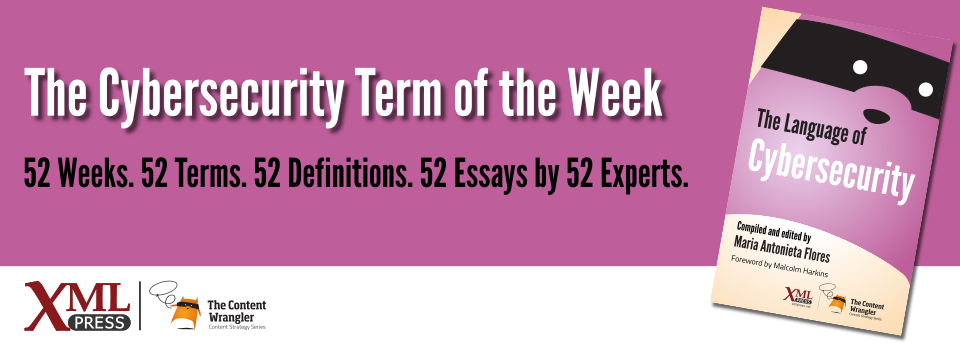What is it?
The process of encoding a message or information in such a way that only authorized parties can read it.
Why is it important?
Encryption is important to our personal, business, community, and national security. Criminals, competitors, or hostile governments may seek to exploit weak or non-existent encryption to hack systems or steal data. Strong, well-managed encryption renders content unreadable to anyone who does not have authorized access.
Why does a business professional need to know this?
In our interconnected world of computers and networks, strong encryption helps prevent unauthorized parties from accessing sensitive data. Encryption protects an individual’s personal financial details and passwords when banking online and prevents cell phone conversations from being overheard by eavesdroppers.
More broadly, encryption protects critical civil and government infrastructure, including communication networks, power grids, transportation infrastructure, and defense systems. Securing data and systems requires more than just encryption, but encryption is a critical component of information security. While it is mostly invisible, encryption is used every day by anyone who uses a phone, the internet, or a bank card.
The cost of neglecting data security is high. The 2017 Ponemon Cost of Data Breach Study(Ponemon 2017) showed that the average data breach cost a company $3.62 million, a small decrease from 2016, but the overall trend has been upward. 2016 saw a 29% increase from 2013 and a 5% increase since 2015.
In addition, they found that the average cost of a breach per customer record is $141, which even for a company with only a few thousand customer records could be devastating.
References
- (Ponemon 2017) 2017 Ponemon Cost of Data Breach Study: Ponemon Institute (2017). Research report. Registration required.
About John Armstrong

John Armstrong heads up product marketing at Pepperdata. A former independent consultant, John previously served as vice president and chief analyst at Gartner. He has held key marketing positions at Yipes (Reliant), Madge Networks (Avaya), and Bay Networks (Nortel). John received an MA from the Annenberg School, University of Southern California.
Term: Encryption
Email: armstrong@calcentral.com
Twitter: @exit17
LinkedIn: linkedin.com/in/armstrong
